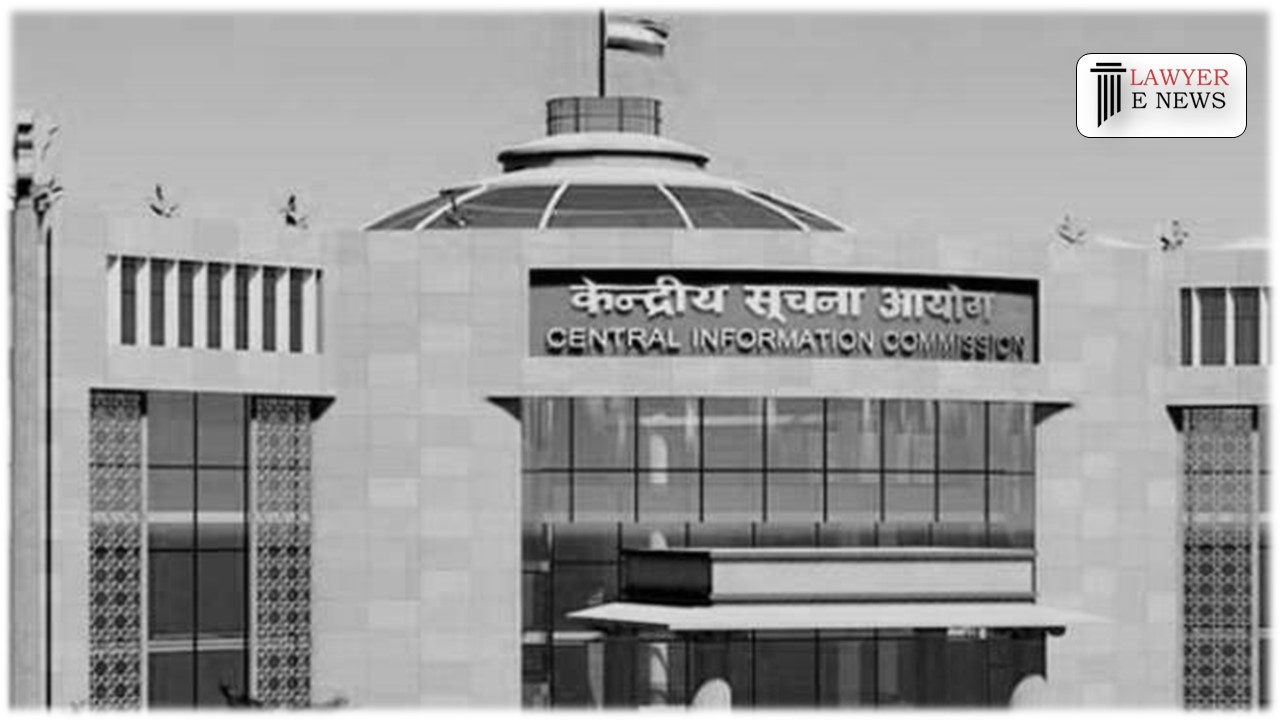-
by Admin
23 February 2026 3:37 AM



The Central Information Commission has instructed the Prime Minister's Office to re-examine a request for information regarding the imposition of a nationwide lockdown on March 24, 2020 due to the Covid-19 pandemic.
The information was denied by the Under Secretary, PMO (acting as the Public Information Officer) in accordance with Section 7(9) of the Right to Information Act, 2005.
The provision stipulates that information must be provided unless it would disproportionately divert the resources of the public authority or be detrimental to the safety or preservation of the requested record.
The Chief Information Commissioner, YK Sinha, has stated that the White House has not cited any substantial provision of the Act to justify this exemption from disclosure. Therefore, the court ruled that the PIO's response is "untenable in law."
Section 8 of the Act specifies situations where disclosure exemptions are warranted (detailed at the end of this report).
"After reviewing the facts of the case, the Commission has determined that the PIO's response is not in accordance with the provisions of the RTI Act... The Respondent has merely stated that the information requested by the Applicant falls under Section 7(9) of the RTI Act of 2005. In the reply sent to the appellant, neither the information requested by the appellant nor the relevant provisions of the RTI Act justifying exemption from disclosure were provided "the CIC reported.
The appellant, journalist Jugal Purohit, had requested information about meetings held by the PMO between January and March 2020 regarding Covid-19 and the authorities who participated.
He also requested information regarding the State and Central authorities, experts, and think tanks with whom the PMO consulted regarding any aspect of the nationwide lockdown.
In addition, he demanded copies of pertinent meeting communications concerning the planning and execution of the lockdown, the availability of essential supplies, and the response to and mitigation of its effects.
Unsatisfied with the PIO's denial of information, the Appellant filed a First Appeal on January 12, 2021. Indignant and dissatisfied by the Appellate Authority's order dated February 17, 2021, the Appellant filed this Second Appeal with the Commission.
Within three weeks, the CIC has ordered the PIO, PMO to reexamine the RTI application and provide a revised point-by-point response in accordance with the RTI Act.
A report on compliance must be submitted by the end of this month.
Among the exemptions provided by Section 8 are:
(a) information that would be detrimental to India's sovereignty and integrity, its economic interests, relations with foreign states, etc.;
(b) information whose publication has been expressly prohibited by a court of law;
(c) information whose disclosure would violate Parliament's or the State Legislature's privilege;
(d) information including commercial confidence, trade secrets, or intellectual property;
(e) information accessible to a fiduciary.
(f) information received from a foreign government in confidence;
(g) information whose disclosure would endanger the life or physical safety of any individual;
(h) information that would hinder the investigation, apprehension, or prosecution of criminals;
(I) cabinet papers including records of Council of Ministers, Secretaries, and other officers' deliberations;
(j) information pertaining to personal information whose disclosure has no bearing on any public activity or interest, or which would result in an unwarranted invasion of the individual's privacy.
D.D:11-07-2022
Jugal Purohit Versus Prime Minister's Office
